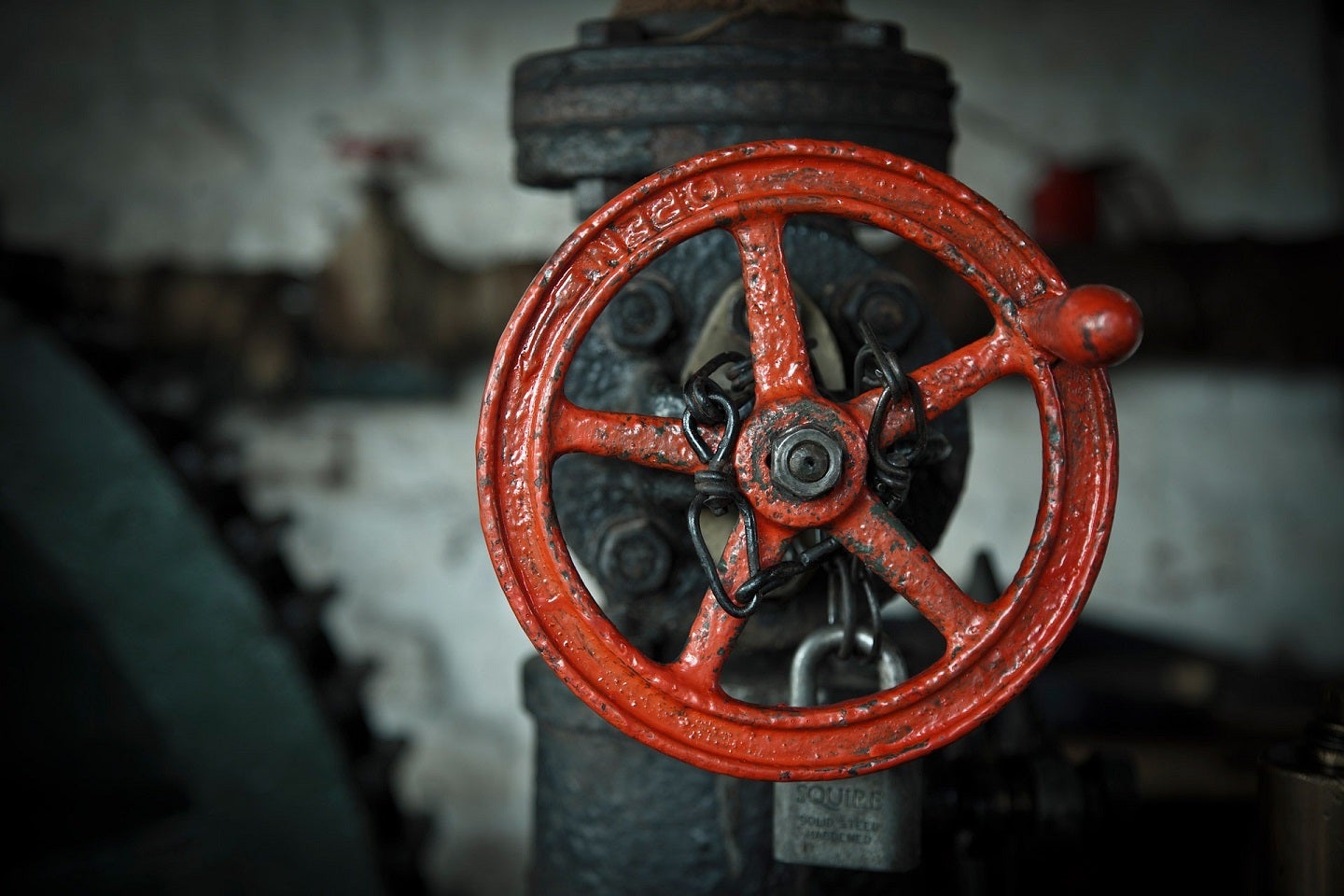
Parkland has temporarily suspended processing operations at the Burnaby Refinery in Canada.
Despite the shutdown, the company has taken measures to maintain fuel supply to the lower mainland and Vancouver Island.
To compensate for the halt in refinery processing, Parkland has ramped up imports of refined products.
These imports will be directed to the company’s on-site shipping terminal, ensuring that fuel distribution to customers remains uninterrupted.
While processing is paused, the refinery’s blending, shipping, terminal and rack operations will continue to function, the company said.
This allows for the direct offloading of refined fuels from ships and rail into the refinery’s storage facilities, from where they can be distributed safely and reliably to customers.
How well do you really know your competitors?
Access the most comprehensive Company Profiles on the market, powered by GlobalData. Save hours of research. Gain competitive edge.

Thank you!
Your download email will arrive shortly
Not ready to buy yet? Download a free sample
We are confident about the unique quality of our Company Profiles. However, we want you to make the most beneficial decision for your business, so we offer a free sample that you can download by submitting the below form
By GlobalDataBurnaby Refinery vice-president and general manager Alex Coles said: “Due to recent extreme cold weather, we proactively initiated steps to pause processing operations at the refinery.
“While restarting, we encountered an issue with a processing unit on 21 January 2024. As a result, we paused the restart and the refinery’s processing operations remain temporarily shut down.”
Parkland anticipates the refinery will resume normal operations in around four weeks.
Meanwhile, Canada’s Trans Mountain plans to commence adding crude oil to its long-delayed pipeline expansion in February 2024, Reuters reported, citing an executive.
The $23.05bn (C$31.13bn) expansion project is scheduled to commence operations in the second quarter.
The project is expected will nearly triple the crude oil flow from Alberta to Canada’s Pacific Coast to 890,000 barrels per day.



